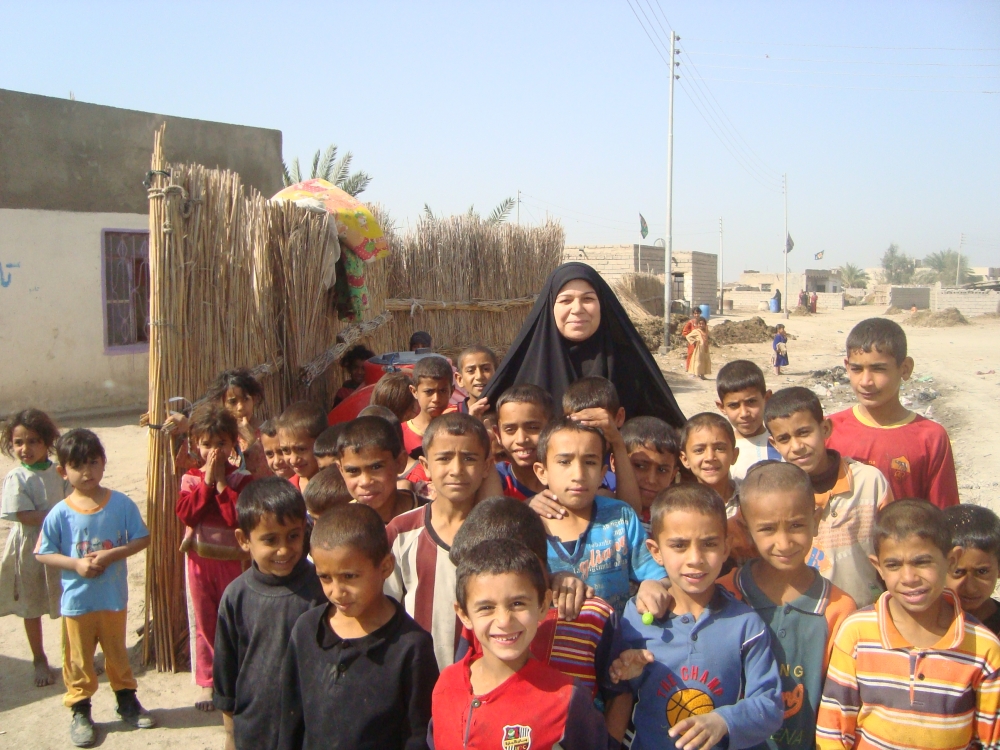Despite the officially stated territorial victory over ISIS by Iraqi security forces at the end of 2017, political instability, divisions both within and between ethnic and religious groups, unresolved territorial disputes, and the presence of a plethora of armed groups, are among the many challenges facing Iraq today and continue to form serious threats to human security. The conflict with ISIS has brought many new players (back) to Iraq and has to a great extent altered power dynamics. PAX aims to break the vicious circle of conflict by pushing for and creating spaces of social inclusion. PAX programmes in Iraq allow social trust to be rebuilt, facilitate increased citizen engagement and urge governments to be more accountable and responsive to citizen’s needs.
Challenges
Conflict dynamics in Iraq continue to develop in high pace. The fight against ISIS has had a huge impact on local power structures and many areas remain unstable, as different parties seek to consolidate their position in a “post-ISIS” Iraq. In addition, the take-over of disputed territories by Iraqi Security Forces following the Kurdistan independence referendum has brought unresolved political issues back to the forefront of conflict. The political and security situation varies significantly across Iraq’s governorates and regions. Due to instability and changes in the security situation, PAX is sometimes forced to move or postpone activities in certain governorates. However, PAX’ partners have the capacity to adapt their activities according to a changing context, and PAX closely coordinates with them to respond properly to new circumstances.




